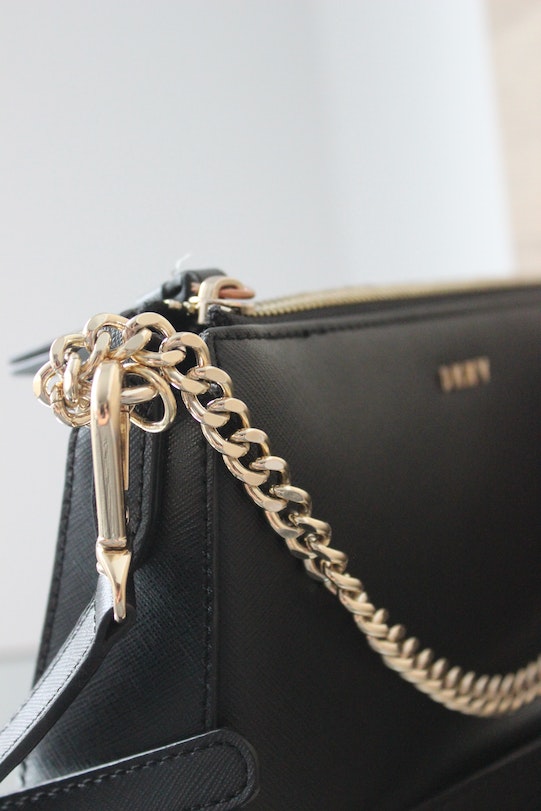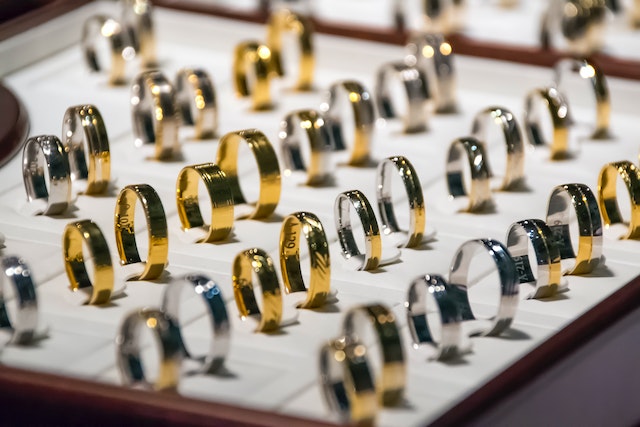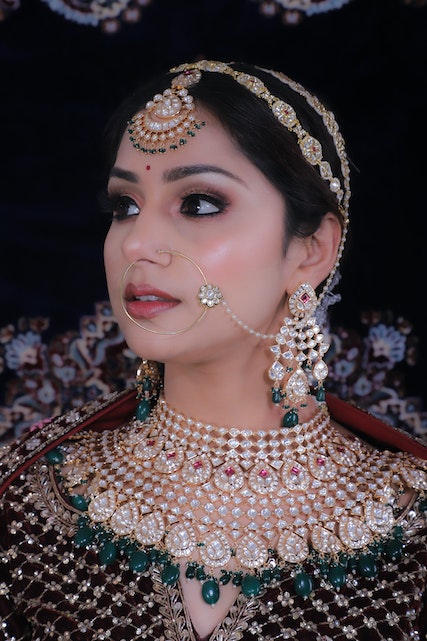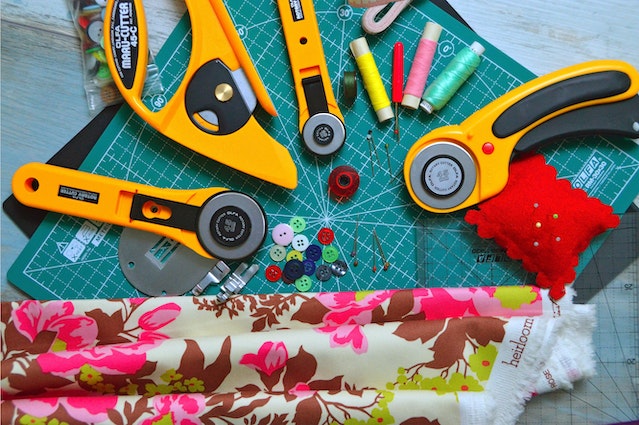The world of fashion is a constantly evolving landscape, filled with trends that captivate and inspire. One such trend that has garnered significant attention is the phenomenon of replica Louis Vuitton products. These iconic designer pieces have been mimicked and replicated by numerous manufacturers, giving rise to a booming market of counterfeit luxury goods. While the allure of owning a piece that resembles the luxury and prestige of Louis Vuitton is undeniable, this trend is not without controversy. In this blog, we delve into the world of replica Louis Vuitton, exploring its origins, impact, and the ethical considerations surrounding this polarizing fashion trend.
The Allure of the Iconic LV
Louis Vuitton is a name synonymous with luxury, elegance, and craftsmanship. Founded in 1854 by Louis Vuitton himself, the brand quickly gained recognition for its innovative trunk designs and impeccable attention to detail. Over the years, Louis Vuitton has become a symbol of status and sophistication, with its signature monogram and iconic patterns adorning everything from handbags and accessories to clothing and footwear.
The Urge for Replicas
The desire to own a piece of luxury is not limited to a select few; it is a sentiment that many individuals aspire to. The prohibitive prices of genuine Louis Vuitton products, however, often place them out of reach for a large portion of the population. This has led to a growing demand for replica Louis Vuitton items, which offer a more affordable alternative that still captures the essence of luxury.
Replica Culture: Origins and Impact
The replica Louis Vuitton market is a product of both technological advancements and globalization. With the rise of e-commerce and improved manufacturing techniques, counterfeiters have been able to create products that closely resemble the original designs. This has given consumers access to a wide range of replica items, from handbags and wallets to belts and sunglasses.
While the replica market provides an avenue for those who desire the aesthetic of luxury without the exorbitant price tag, it has also raised concerns within the fashion industry. Counterfeit products can negatively impact the reputation of luxury brands, diluting their exclusivity and potentially affecting sales of authentic items. Additionally, the proliferation of replica goods can undermine the hard work and creativity of designers who invest significant time and effort into creating original pieces.
Ethical Considerations
The allure of replica Louis Vuitton items brings to light a series of ethical questions that consumers must grapple with. Is purchasing a replica a form of flattery, or does it contribute to a culture of counterfeiting and intellectual property theft? While some argue that replicas enable individuals to access luxury aesthetics without the hefty price, others contend that supporting counterfeit markets perpetuates unethical practices.
Furthermore, there is an environmental aspect to consider. Fast fashion and replica industries often prioritize mass production, which can lead to overconsumption and contribute to environmental degradation. Authentic luxury brands, like Louis Vuitton, have begun to emphasize sustainability and ethical practices in their production processes, adding another layer of complexity to the debate surrounding replicas.




